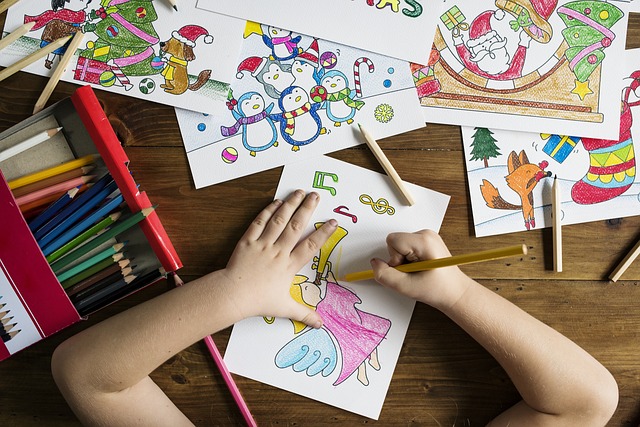Top 5 Child Communication Skills Your Child Needs to Know

Communication – one of the most important things about being a human being. People communicate with each other to express their feelings and thoughts. However, for young children, how do parents judge their communication skills? What can parents do to enhance their children’s communication skills early on?
Preschool Pros and Cons: Sending Your Child to Preschool

“Should I send my child to preschool?” This question is one that many parents find difficult to answer. Indeed, making a decision that may impact your child’s growth and development is daunting.
7 Ways to Help Children Resolve Conflict

No matter how much we try to avoid it, conflicts are a part of life. Dealing and resolving conflicts is of the several social skills that children need to learn maintain healthy relationships. Helping children manage conflict will also help them enjoy better friendships and social experiences, not just in school but in other settings […]
What is Circle Time and How it Benefits Your Children
Circle time is one of the things young children look forward to at school. They enjoy it because they take turns in leading circle games. While circle time is used in most preschools, not all parents know the things that are happening in these sessions. Read on to find out more about circle time and […]
5 Benefits of Daycare for Children
Sending children into daycare is a smart solution for parents who have day jobs. Daycare has many advantages that both children and parents can enjoy. Early childhood education is designed to hone and mold the mind of a child which will form the foundation of their journey as they grow up. Daycare is a good […]
Tips to Prepare your Children for the New School Year

It’s August, summer is finally coming to an end and the new school year is right around the corner. Time for parents and students all over the country to start their back to school preparations. Whether your children look forward to this event or they dread the regimented school days ahead, one thing is for […]
7 Reasons to Send your Kids to Summer Camp
Because summertime is just around the corner, most parents are probably busy making summer vacation plans for the whole family. Along with making time for fun and enjoyment, they are also thinking about finding an excellent childcare option for their kids while they work. If you find yourself looking for a good daycare to bring […]
How To Celebrate National Bike Month With Your Kids
Ask just about anyone and they can usually –and vividly — remember when they first learned to ride a bike! It’s just something you never forget… No matter how long it’s been since you hopped on a bike, National Bike Month provides the perfect reason to get back out there and ride again! Here’s how […]
Tips on How to Choose a Great Summer Camp Program in Langhorne
Summer vacations are one thing most kids look forward to. School is out, which means a lot of free time for playing and other activities. To help your kids make the most of their vacation, you may want to consider an excellent childcare option for the summer months – a summer camp program. Summer camps […]
Tips for Choosing the Right Preschool in Langhorne, PA
Preschool matters because it helps children develop in different ways as an individual. Preschool will not only nurture their growth intellectually, but it will also help them develop other skills that will prepare them for kindergarten. While sending your little one to school early offers numerous advantages, choosing a preschool for your child can be […]

